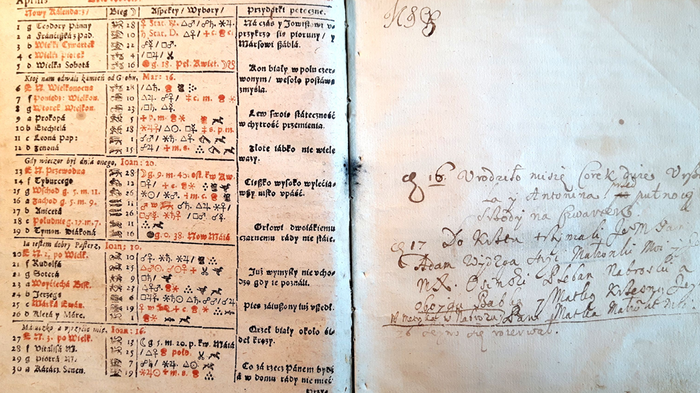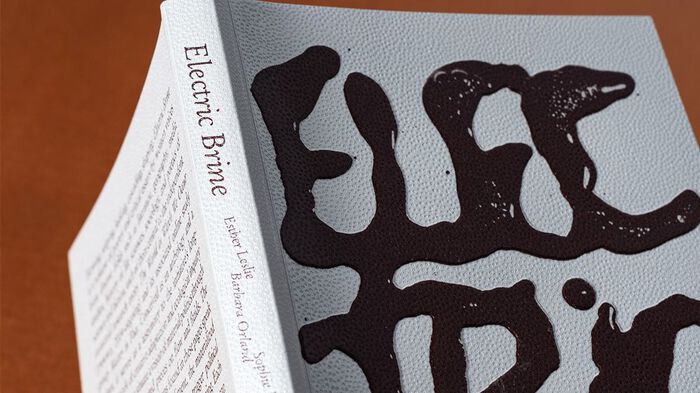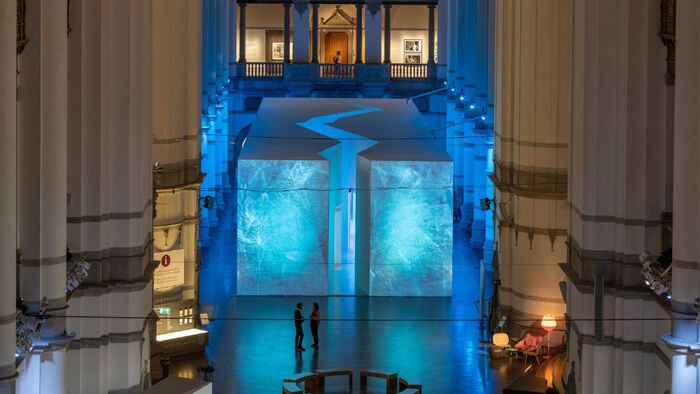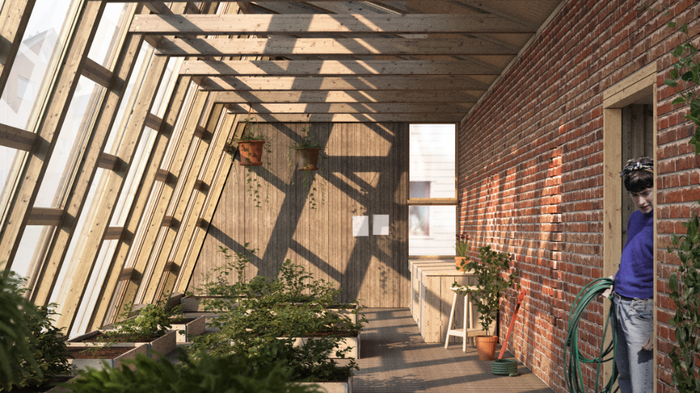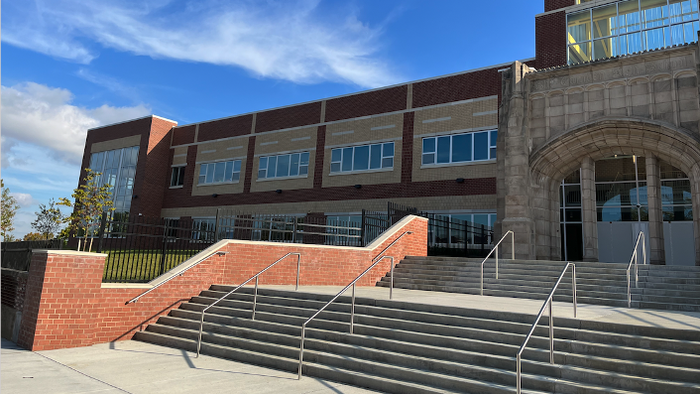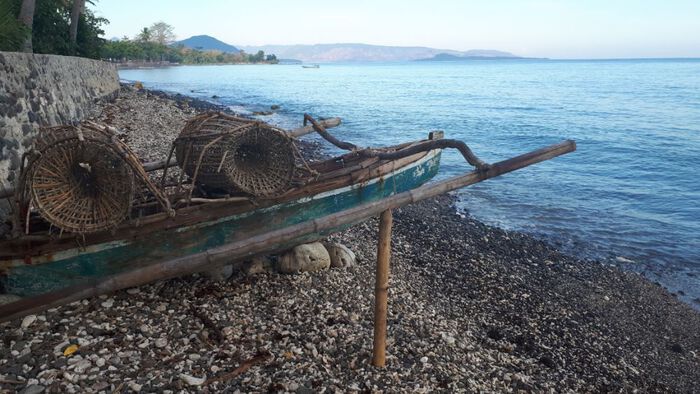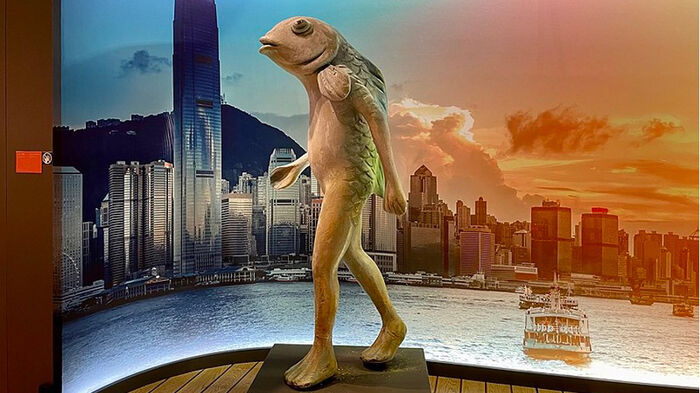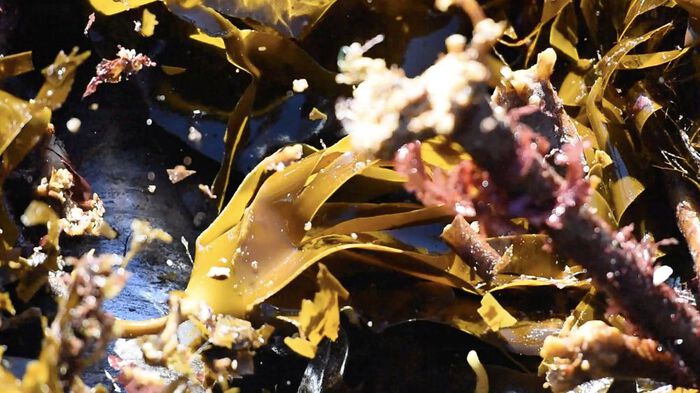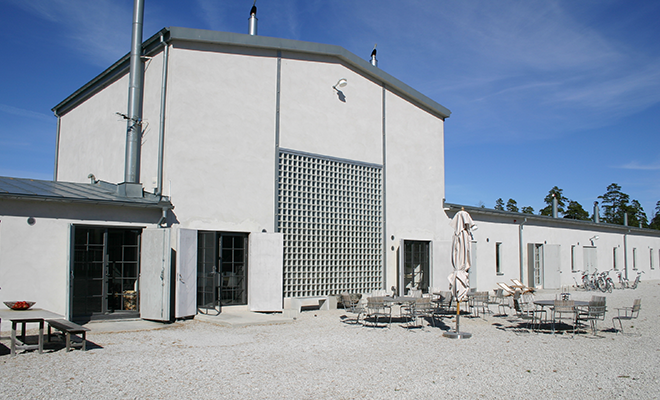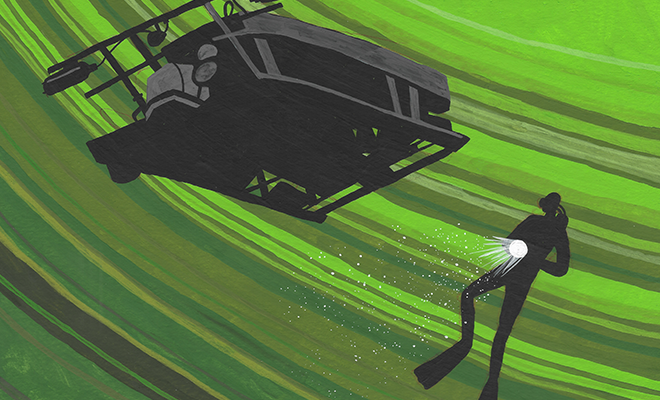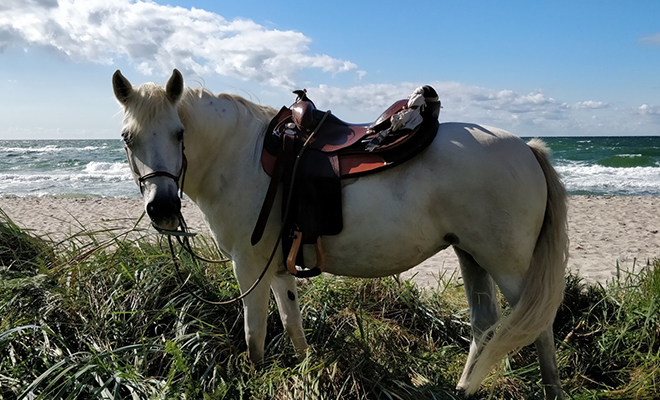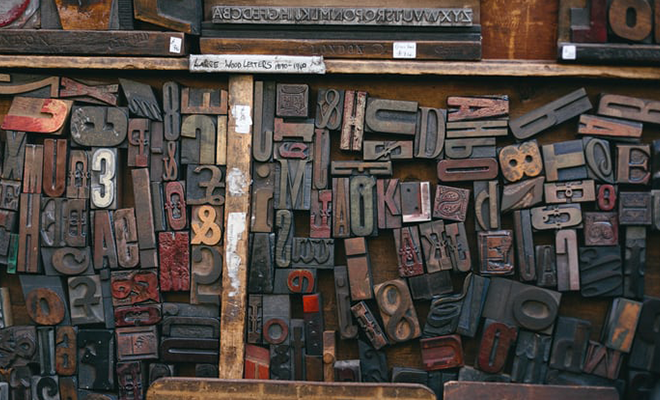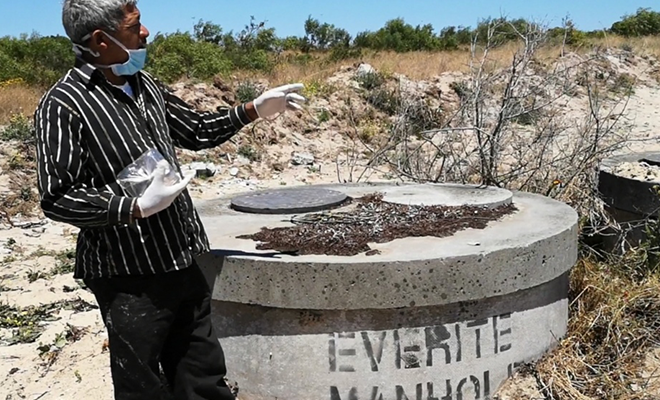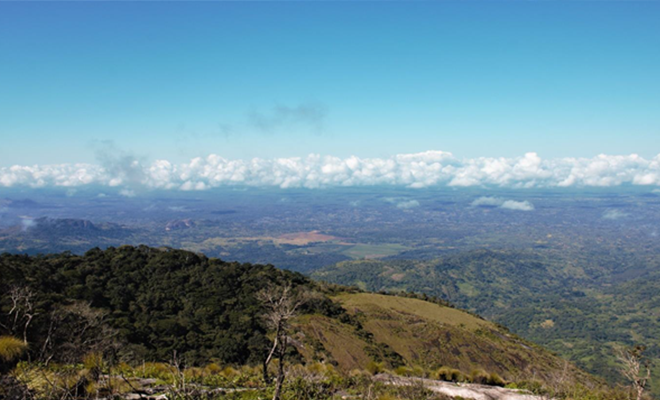Lunsjdiskusjoner
Tidligere
The notion of care is a buzzword in environmental humanities, and probably for a good reason. It is not very present, however, in historical reflection. In this talk, historian of culture Ada Arendt discusses what early modern agencies and relationships of care tell us about more than human entanglements of the early Anthropocene.
In this talk, curator and editor Jennifer Teets presents Electric Brine, a volume of poetry and critical essays by women voices from diverse fields such as literature, geography, media studies, history of life sciences, sociology, and poetics of science and fiction.
What roles can museums and collections play, in the growing need to convey polyphonic narrations on climate change? In this presentation, Lotten Gustafsson Reinius discusses the multi-disciplinary dialogues and other co-curations as a tentacular weaving across differing knowledge regimes, scales and temporalities.
What can we learn from geographically marginalized regions such as the Arctic in a transition to more circular building strategies? Tine Hegli talks about the design and execution of a community Greenhouse in Vardø spring 2021, how material scarcity has encouraged resource efficiency, and the Arctic as a green leader.
In this talk, Green Schools Education Consultant Wayles Wilson discusses the sustainability and operational priorities for schools in the United States to provide clean air, water, and food, and why it is challenging in the current context. She considers sustainability in urban schools in the US a critical opportunity for environmental equity across the country.
In this talk anthropologist Florence Durney will present about her ongoing research on the intersection of indigenous and state marine tenure systems and marine environmental change. In particular she will discuss how climate-induced marine environmental change is complicating processes of living with, claiming, and negotiating marine boundaries for humans and non-humans alike.
In this talk, writer and diver, Ting. J. Yiu discusses her ecocritical creative practice through an aquatic lens. Centering diasporic displacement, she discusses how aquatic narratives and interspecies encounters are radical sites to subvert notions of citizenship, (re)negotiating identities, and contesting hegemonic environmental narratives.
Agential Matter is an artistic research project which examines performativity of algae, objects and bodies in instances of observation in scientific research, industrial production and artistic encounter. This talk by artist Sabine Popp is seen as an opportunity to (re)turn to a small shed at a landing station for harvested kelp as one of several places of hybrid coexistence.
In this talk, sustainability and tourism researcher Per Strömberg discusses the practices of ‘adaptive reuse’ of buildings as part of a cultural economy. He considers ‘reuse value’ is a cultural capital which is used as a rhetorical device in the discourse of sustainability and circular economy, but also, something that can be converted into economic capital in urban redevelopment.
This talk by contemporary historian Tirza Meyer will be a presentation of the project ‘Humanoid Oceans’ that seeks to explore the history of what happens to the oceanic environment when humans venture into the ocean with the help of technology.
In this talk, philosopher and veterinarian Kerstin Weich introduces how veterinary humanities contribute to current discussions on environmentality in biomedicine. Starring: Japanese fungus, veterinarians, tapeworms, horses and dung-feeding beetles in ecological turf wars.
In this talk, poet and translator Kathleen Maris Paltrineri will discuss ecopoetic works published in Norway that push boundaries in form, language, and thought as they explicitly or implicitly address the ramifications of climate change. She will also draw on her translation experience to discuss how ecotranslation may invite innovative translation and creative writing practices and may be its own form of activism.
In this talk, environmental anthropologist Dr. Nikiwe Solomon explores how particular assumptions built into the design of infrastructure, as well as the bureaucratic and techno-managerial approaches used to build said infrastructure, often take for granted the social consequences of infrastructure’s day-to-day (mal)functioning.
New OSEH Associate Professor II, Michelle Bastian, will discuss her current fellowship project which will build connections with phenology, the study of lifecycle timing in plants and animals, and humanities research.
In this talk, anthropologist Anselmo Matusse introduces how the Mozambican state establishes extractivism in the country and its pernicious effects on people and landscapes on the ground.
